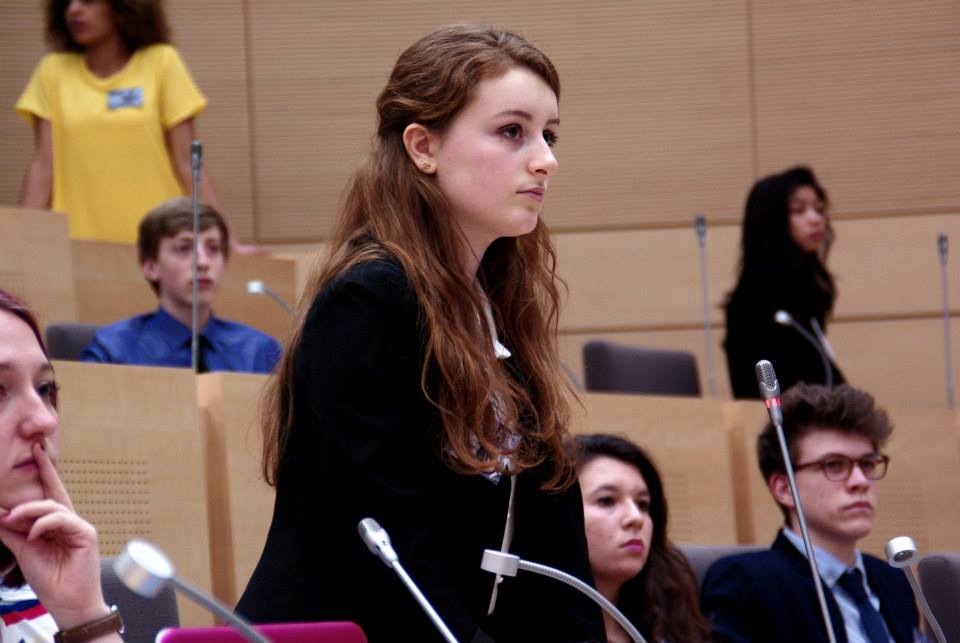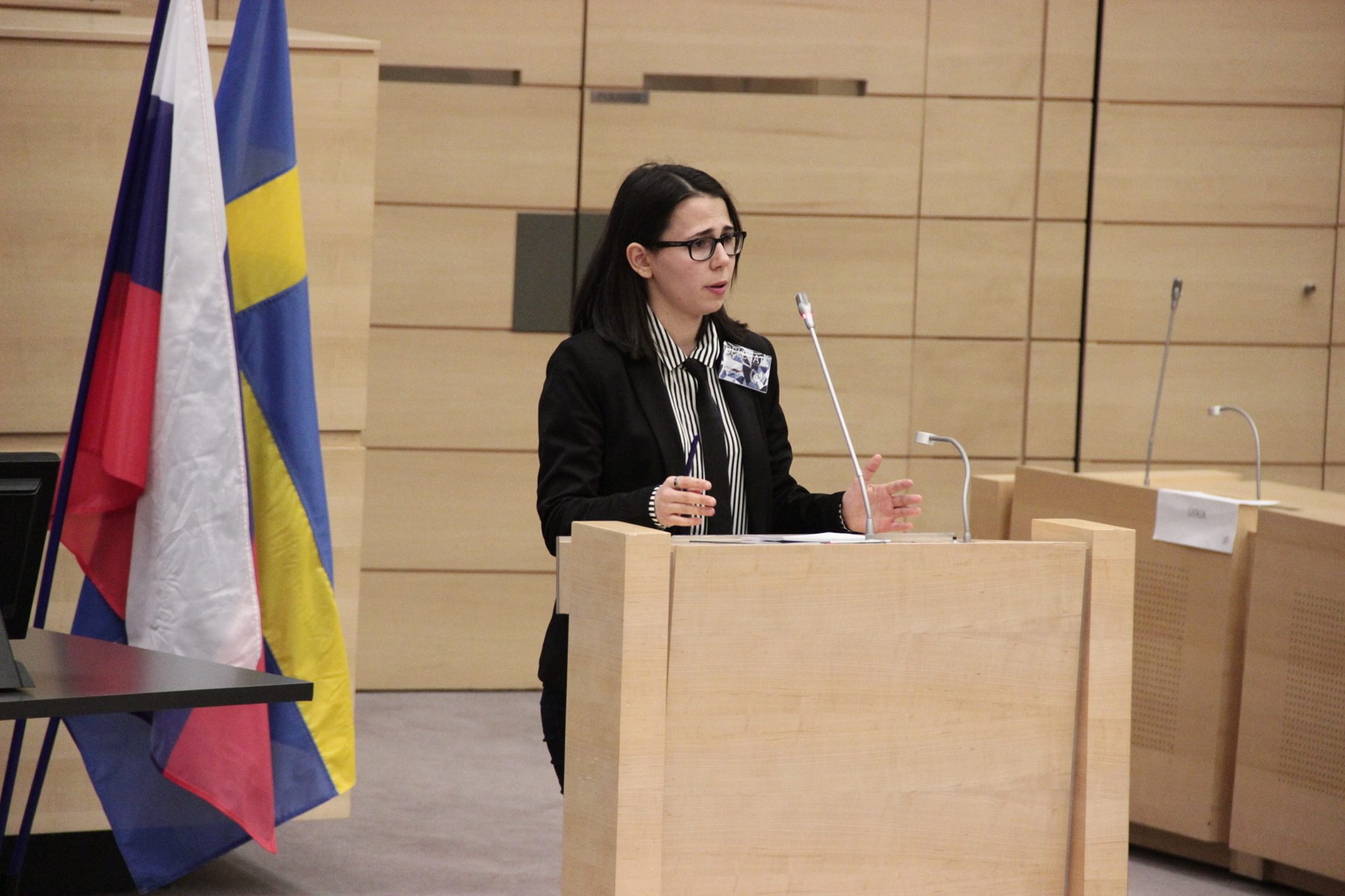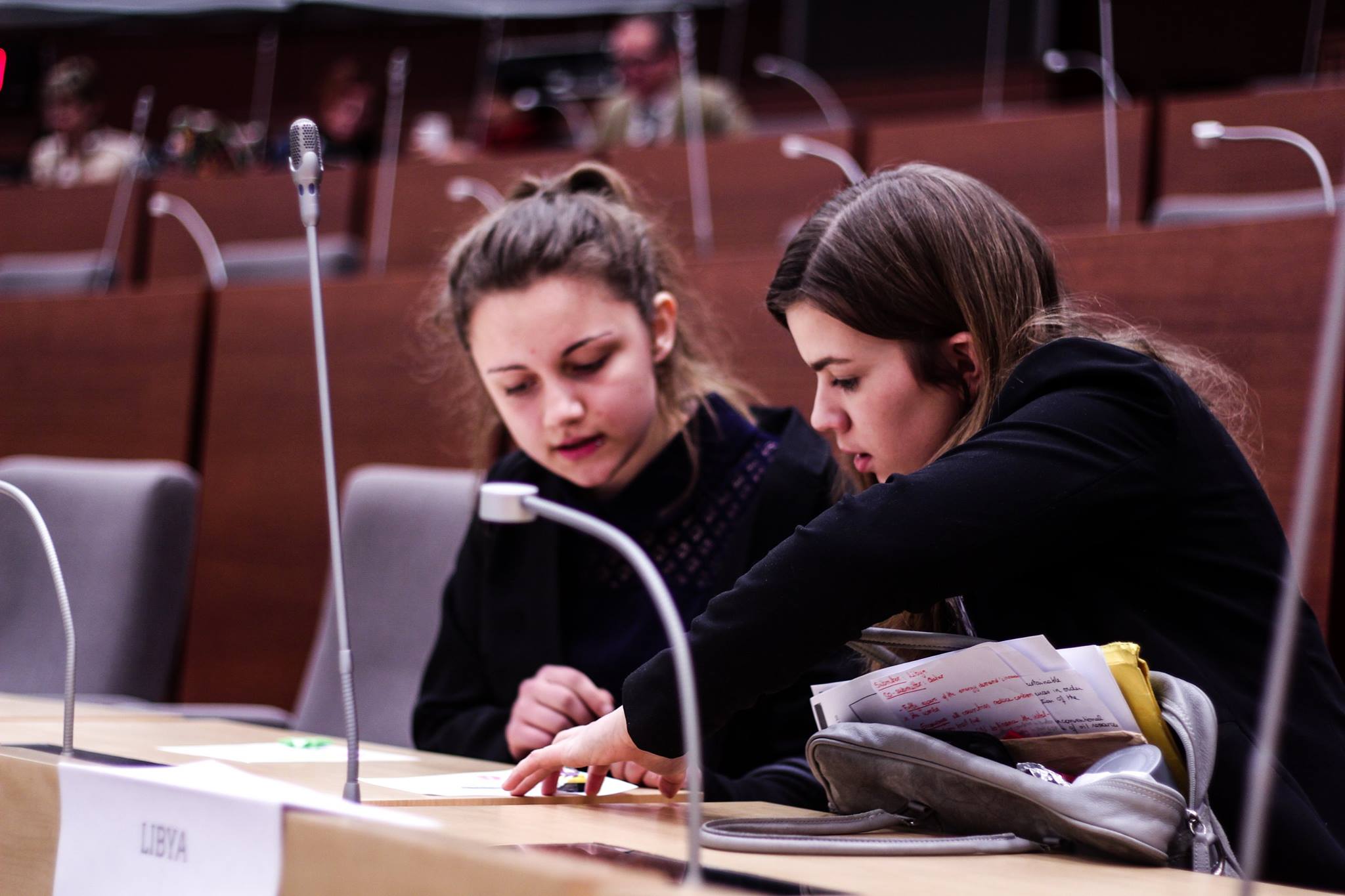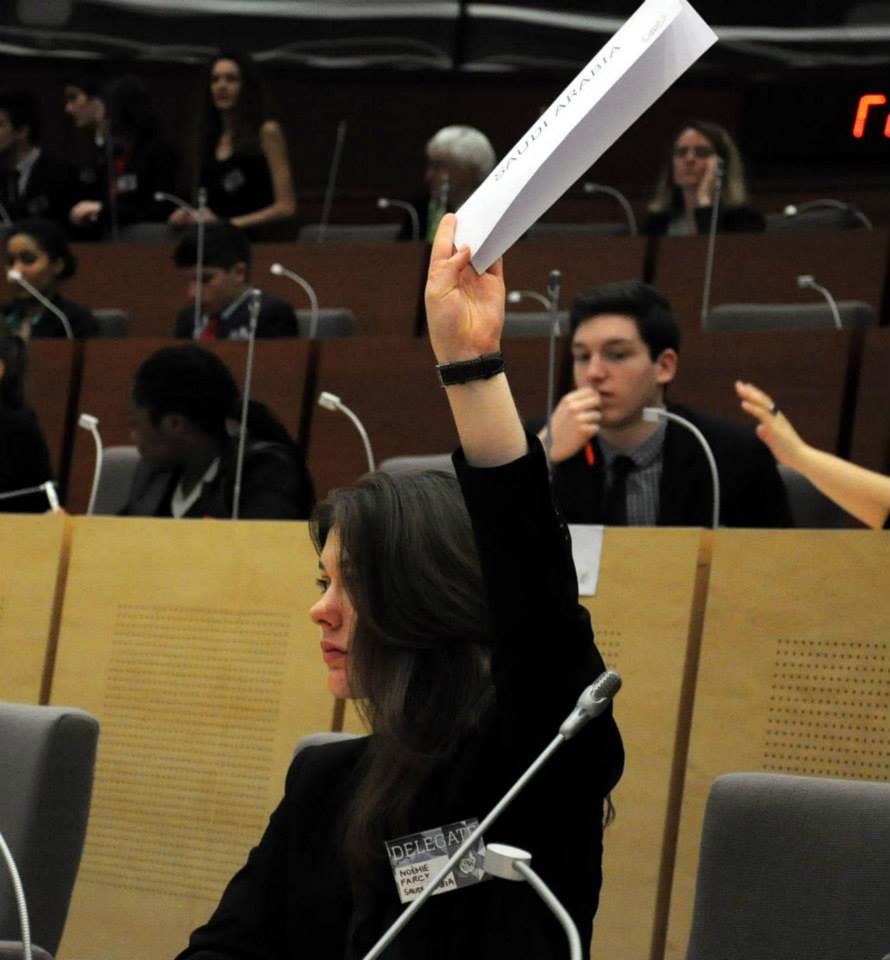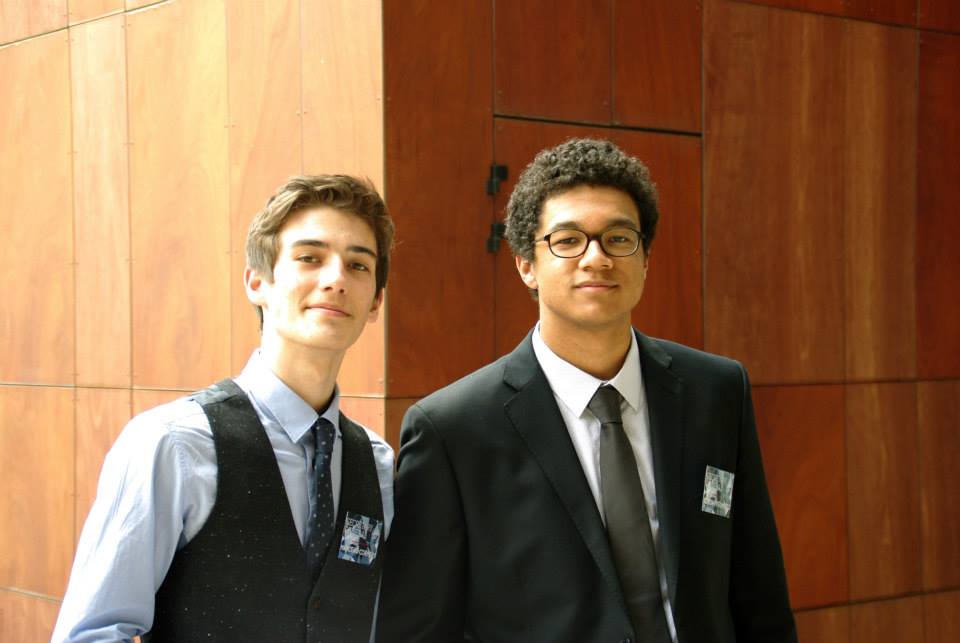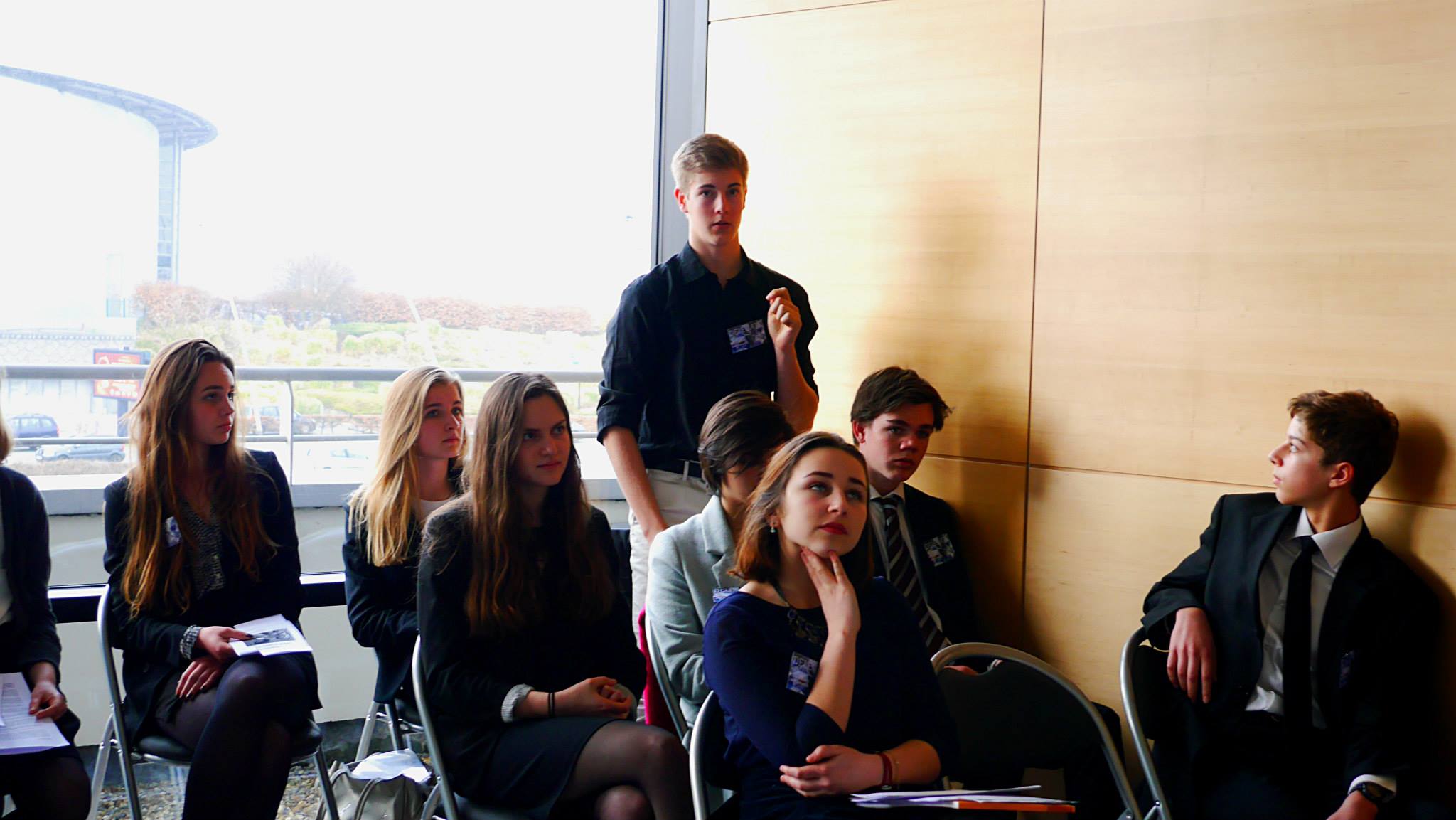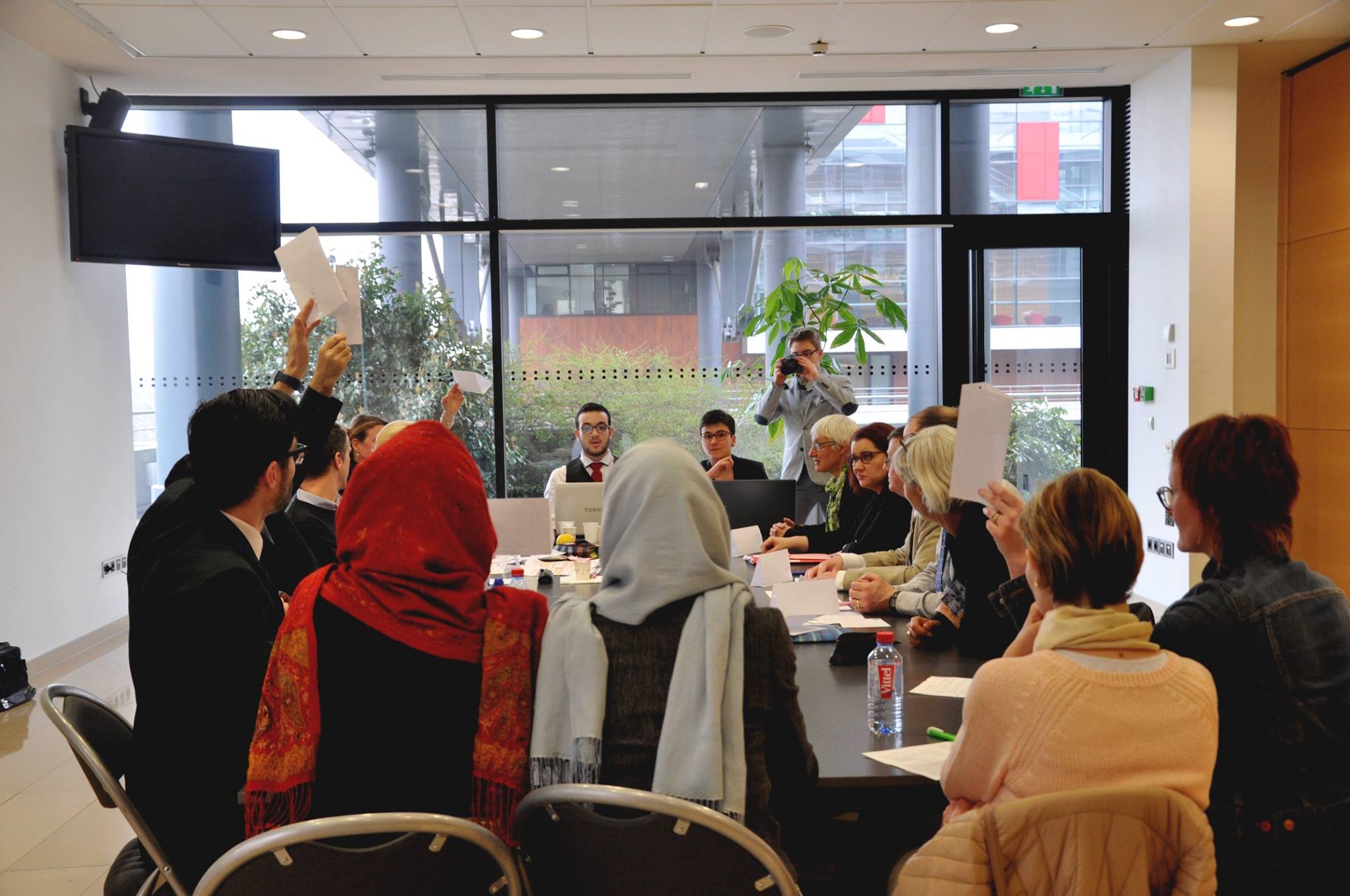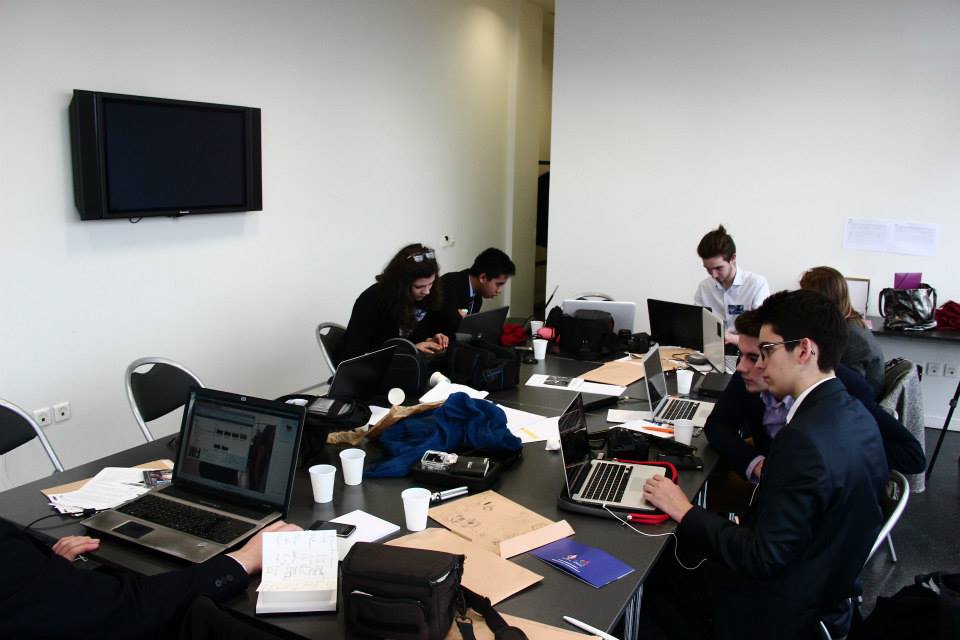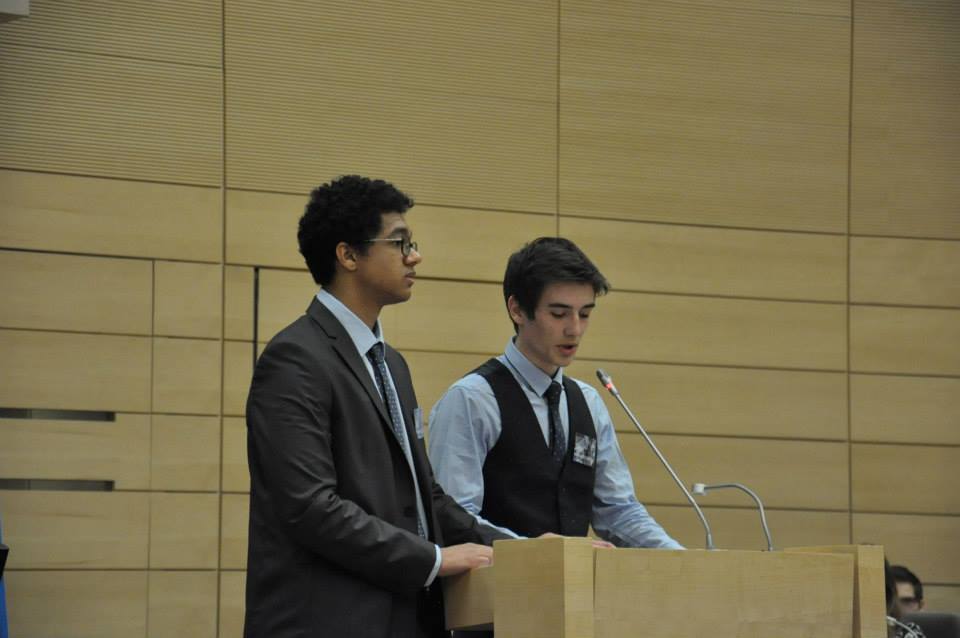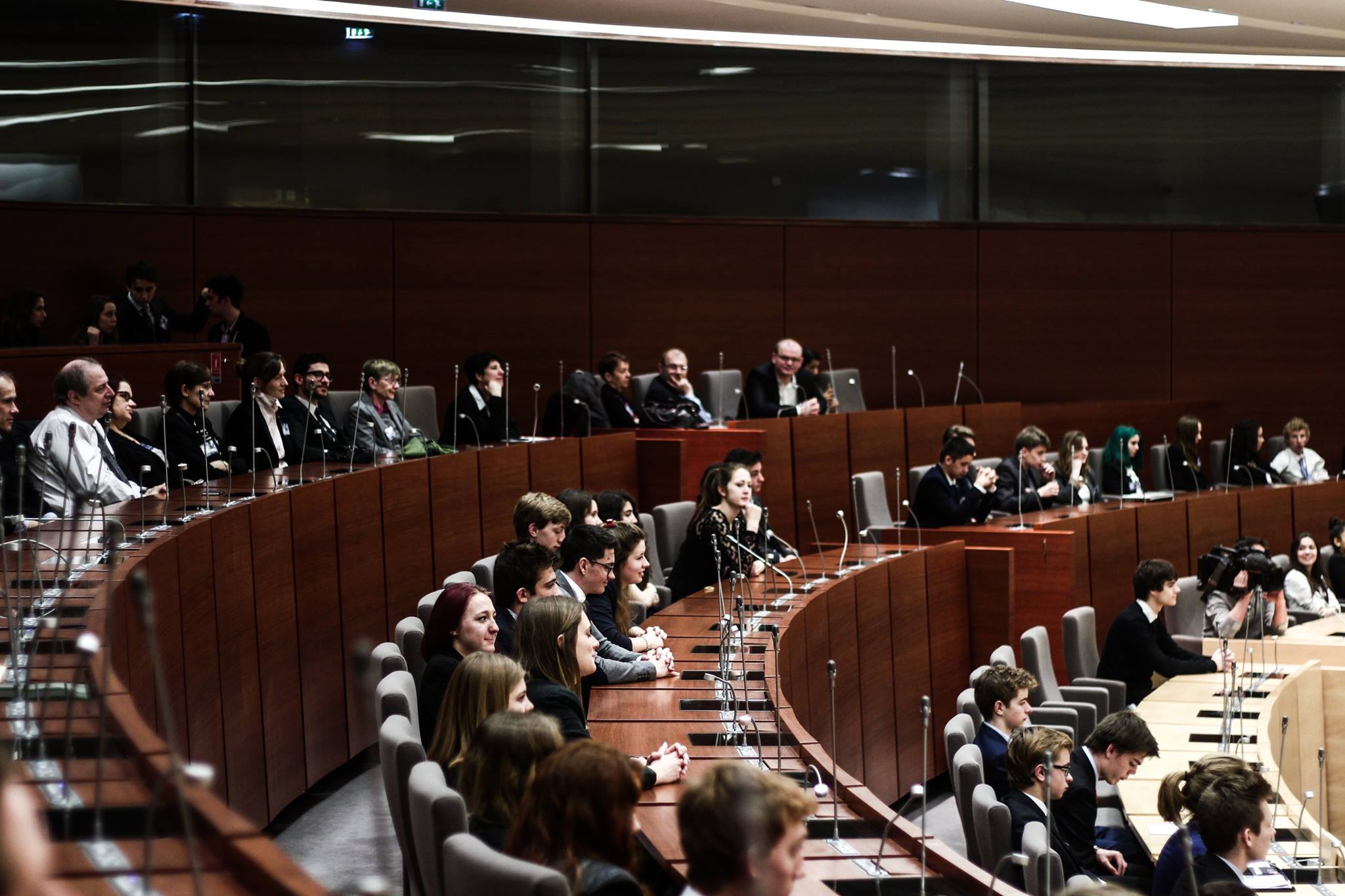first edition : march 2015
“Many will even see it as a turning point, a moment that inspired whatever they did next.”
- Mr James Worstead, English teacher at Lycée Henri Wallon
The video presenting the theme here https://www.youtube.com/watch?v=Z2-73_8HbfU&list=UUQEWwJxsSkQf5qrZ0voHMoA&index=49
Theme : Oil issues
Oil is an omnipresent and essential resource in our society which will soon be unavailable. Indeed, it concerns the entire world but it has caused and still causes problems in various fields of work such as economy, ecology or even politics. Delegates made use of the issues to find solutions to counter problems such as atmospheric pollution or conflicts and instability due to oil.
Although the point was to try to solve actual matters, our eyes were also headed towards the future, this is why in the General Assembly, delegates debated on energy transition and emission reduction. Now is the time to make a better future and not let our world lead to chaos.
The committees
UNEP (United Nations Environment Programme): The use of oil resources in the Arctic
UNDP (United Nations Development Programme): Inequalities and corruption due to petrol
Human rights commission: Oil and human rights
ECOSOC (Economic and Social Commission): Fluctuation of crude oil prices
WHO (World Health Organisation): The impact of atmospheric pollution on health
General Assembly: energy transition and emission reduction
GENERAL ASSEMBLY
ISSUE: ENERGY TRANSITION AND EMISSION REDUCTION
CHAIRS: LAURE MAZURIER AND ILYASS KETTAFF
Requests the creation of a system of sponsorship to encourage investment in renewable energies involving for each partnership:
a) One developed country with a high rate of carbon dioxide emissions funding a project submitted by a developing country in need of financial support for implementation on its territory of renewable energies technologies, services, and research laboratories. The fund could be integrated in the Green Climate Fund.
b) The launching of an exchange program between both of the countries involved for engineers and other actors involved in the missions concerning innovations related to the development of renewable energies of both the countries involved. It would aim to make each of the engineers benefit from the expertise and experience, related to the renewable energies sector, to be found in the country they visit.
c) The creation of a commission, to judge the reliability and viability of the projects submitted by the countries to be sponsored. The commission should respect parity between representatives of the sponsored countries, sponsoring countries and IPCC members.
d) The sending of an observation mission in the country sponsored after the achievement of their project. This would aim to ensure the application of the initial project in the terms agreed on by the jury. The observer team should be composed of members of the IPCC and of the sponsoring country.





